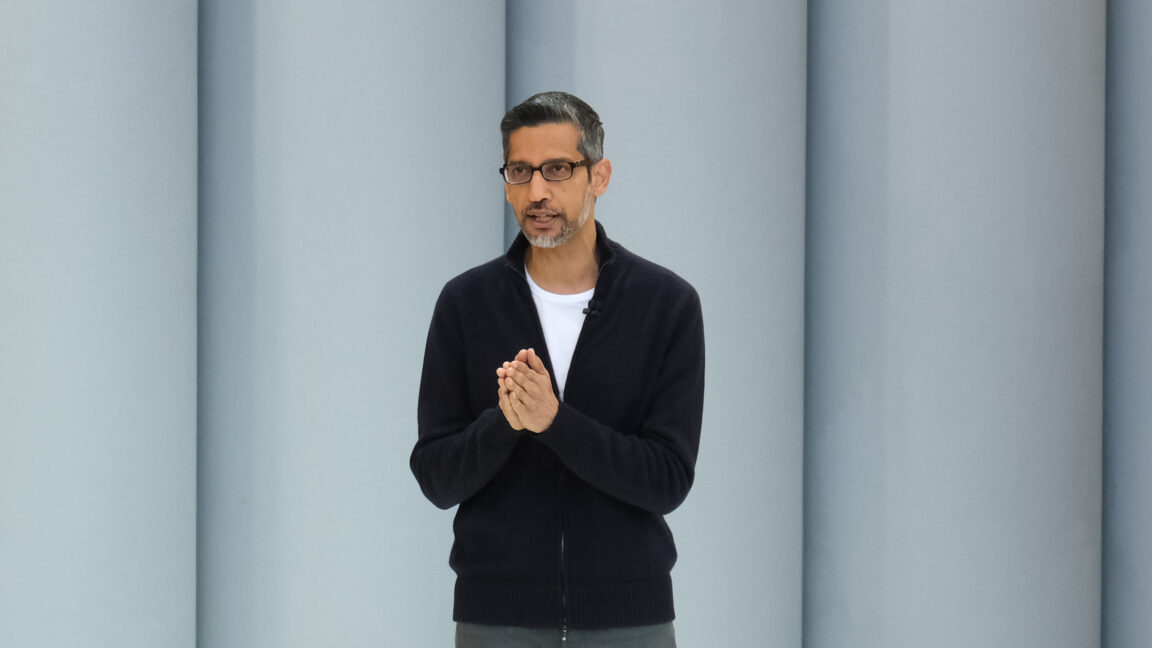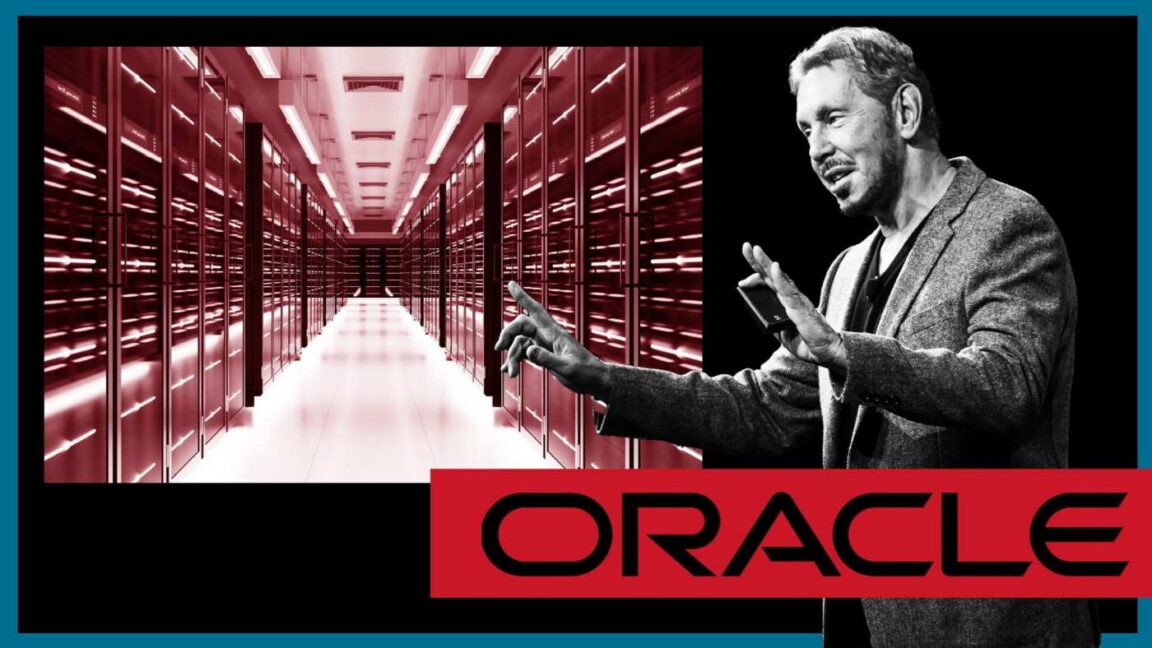Market and Technology
Google’s CEO, Sundar Pichai, has been discussing the company’s position in the market and its approach to artificial intelligence (AI). The recent market performance of Alphabet, Google’s parent company, has been driven by investor confidence in its ability to compete with OpenAI’s ChatGPT and its development of specialized chips for AI.
Market Concerns
Alphabet’s market performance has been influenced by its potential to compete with Nvidia, a company that has reached a $5 trillion valuation due to its GPUs that accelerate matrix math in AI computations. Pichai acknowledged that no company is immune to a potential AI bubble burst, but he believes that Google’s unique position gives it an advantage.
Google’s Advantage
Pichai argued that Google owns a "full stack" of technologies, including chips, YouTube data, models, and frontier science research. This integrated approach, he suggested, would help the company weather any market turbulence better than its competitors. He also emphasized the importance of using AI tools responsibly and not blindly trusting their output.
AI and Energy Consumption
The Google boss addressed the "immense" energy needs of AI, acknowledging that the intensive energy requirements of expanding AI ventures have caused slippage on Alphabet’s climate targets. However, Pichai insisted that the company still wants to achieve net zero by 2030 through investments in new energy technologies.
The Impact of AI on Society
Pichai described AI as "the most profound technology" humankind has worked on. He warned that the technology would "create new opportunities" and "evolve and transition certain jobs." People who adapt to AI tools "will do better" in their professions, whatever field they work in. However, he also acknowledged that there would be "societal disruptions" that need to be addressed.
Conclusion
In conclusion, Google’s CEO, Sundar Pichai, believes that the company’s unique position and integrated approach to AI give it an advantage in the market. While he acknowledges the potential risks and challenges associated with AI, he is optimistic about its potential to create new opportunities and improve people’s lives. However, he also emphasizes the importance of using AI tools responsibly and addressing the societal disruptions that may arise from their use.
FAQs
Q: What is driving Alphabet’s market performance?
A: Alphabet’s market performance is driven by investor confidence in its ability to compete with OpenAI’s ChatGPT and its development of specialized chips for AI.
Q: What is Google’s approach to AI?
A: Google owns a "full stack" of technologies, including chips, YouTube data, models, and frontier science research, which gives it an advantage in the market.
Q: What are the energy requirements of AI?
A: The intensive energy requirements of expanding AI ventures have caused slippage on Alphabet’s climate targets, but the company still wants to achieve net zero by 2030 through investments in new energy technologies.
Q: How will AI impact society?
A: AI will "create new opportunities" and "evolve and transition certain jobs," but it will also cause "societal disruptions" that need to be addressed.











